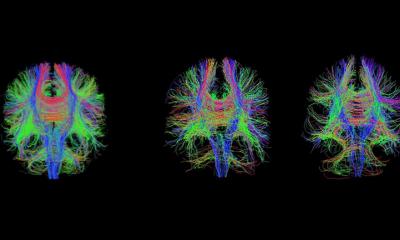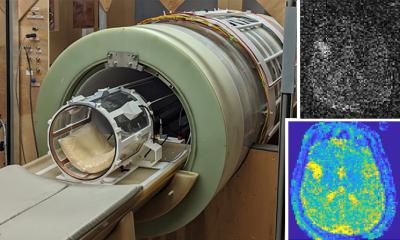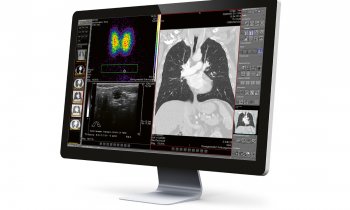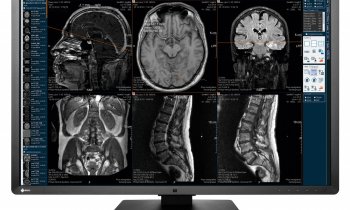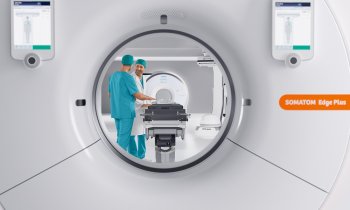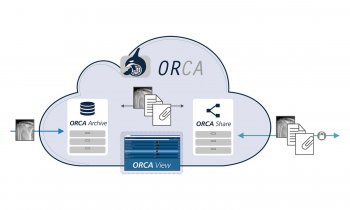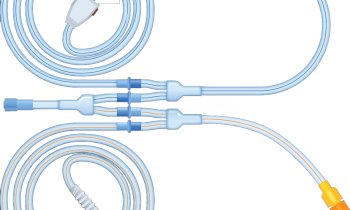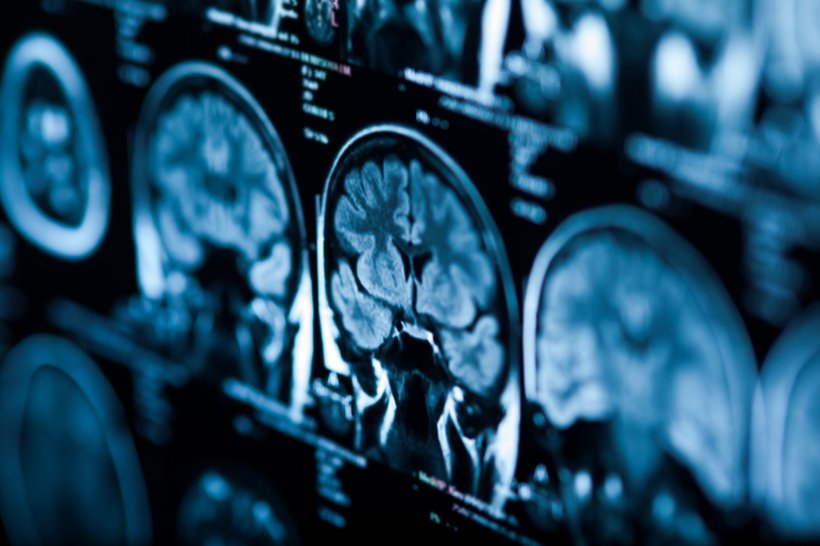
Image source: Adobe Stock/merrydolla
News • Transient ischemic attack
Incomplete imaging for TIA emergencies increases stroke risk
Transient ischemic attack (TIA) emergency department (ED) encounters with incomplete neurovascular imaging were associated with higher odds of subsequent stroke within 90 days, a new study finds.
"Increased access to urgent neurovascular imaging in patients with TIA may represent a target that could facilitate detection and treatment of modifiable stroke risk factors," wrote Vincent M. Timpone, MD, from the department of radiology at the University of Colorado Hospital in Aurora and first author of the study published in the American Journal of Roentgenology (AJR).
To ensure that risk factors for stroke can be identified and treated, patients with TIA should have improved access to timely neurovascular imaging
Vincent M. Timpone et al.
The researchers studied data from the 2016–2017 Medicare Standard Analytical Files, which contain 100% sample claims for Medicare beneficiaries. Information was extracted via ICD-10 and CPT codes. Patients discharged from an ED encounter with a TIA diagnosis—who also underwent brain CT or brain MRI during or within 2 days of said encounter—were then identified. Patients were deemed to have complete neurovascular imaging if undergoing cross-sectional vascular imaging of both the brain (brain CTA or MRA) and neck (neck CTA or MRA or carotid ultrasound) during or within 2 days of their encounter.
Ultimately, a total of 37.3% (69,825/111,417) of TIA ED encounters nationally showed associations with a complete neurovascular imaging workup. Adjusting for patient and hospital characteristics, an incomplete neurovascular imaging workup was associated with increased likelihood of stroke within 90 days of the encounter (OR 1.3 [95% CI: 1.23-1.38]). "To ensure that risk factors for stroke can be identified and treated," the researchers reiterated, "patients with TIA should have improved access to timely neurovascular imaging."
Source: American Roentgen Ray Society
10.06.2023



